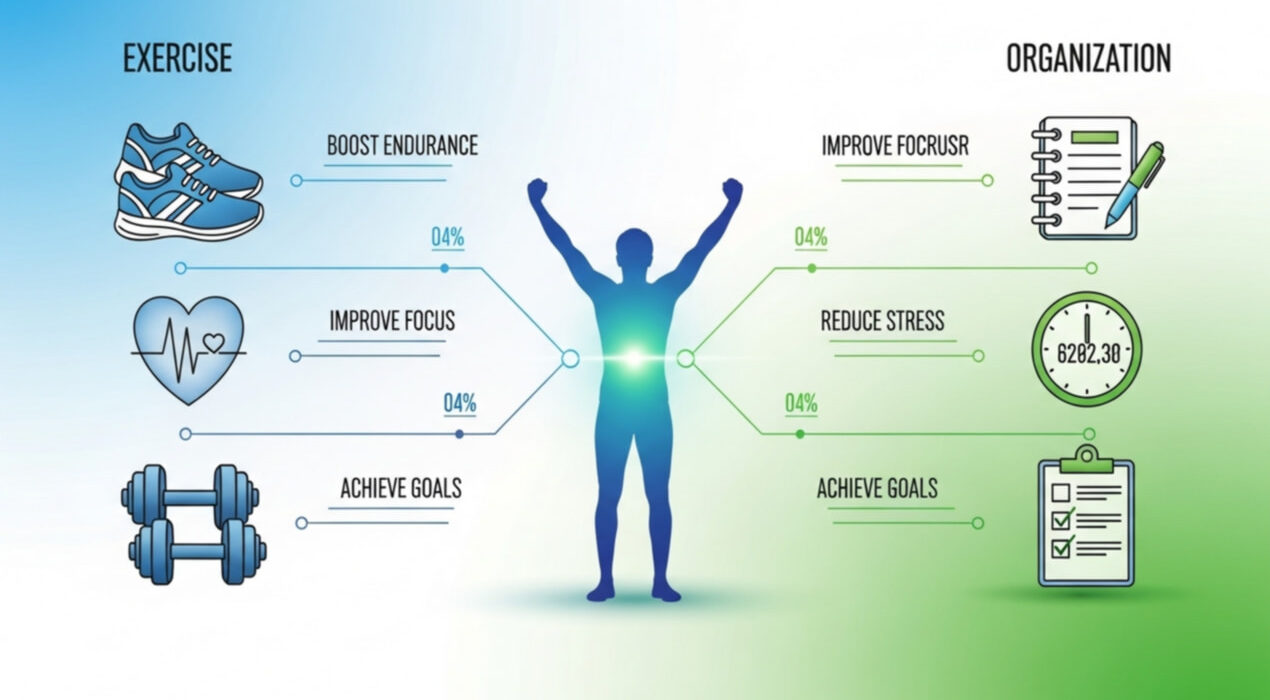A recent study has found that being both active and organized could play a key role in predicting how long a person lives. Researchers discovered that lifestyle traits such as discipline, structure, and regular activity patterns are strongly linked with improved health outcomes and longer lifespans. These findings shed light on how personality characteristics and daily behaviors can directly affect longevity.
According to the study, people who maintain order in their daily routines and lead active lives are more likely to enjoy better overall health. “Being organised and active may be predictor of longer life, study finds,” the researchers noted. This connection suggests that personal habits and self-management strategies go far beyond productivity—they may also influence life expectancy and quality of life.
Experts explained that individuals who are more organized tend to make healthier choices. For example, they are more consistent with exercise, follow balanced diets, and keep up with medical checkups. Those who are active on a regular basis also enjoy lower risks of heart disease, diabetes, and other age-related conditions. In contrast, people with disorganized or sedentary lifestyles may face higher levels of stress, poor sleep, and greater vulnerability to illness.
The study highlights that personality traits should not be overlooked when it comes to health. Conscientious individuals are more likely to stick to treatment plans, avoid risky behaviors, and manage stress effectively. When combined with physical activity, these behaviors help build resilience, protect mental health, and strengthen the immune system.
Ultimately, researchers concluded that while genetics and environment play their roles, personal responsibility and lifestyle choices remain powerful tools for healthy aging. By staying active and keeping life organized, individuals may significantly improve their chances of living longer, healthier, and more fulfilling lives.
Active Lifestyle Boosts Longevity






